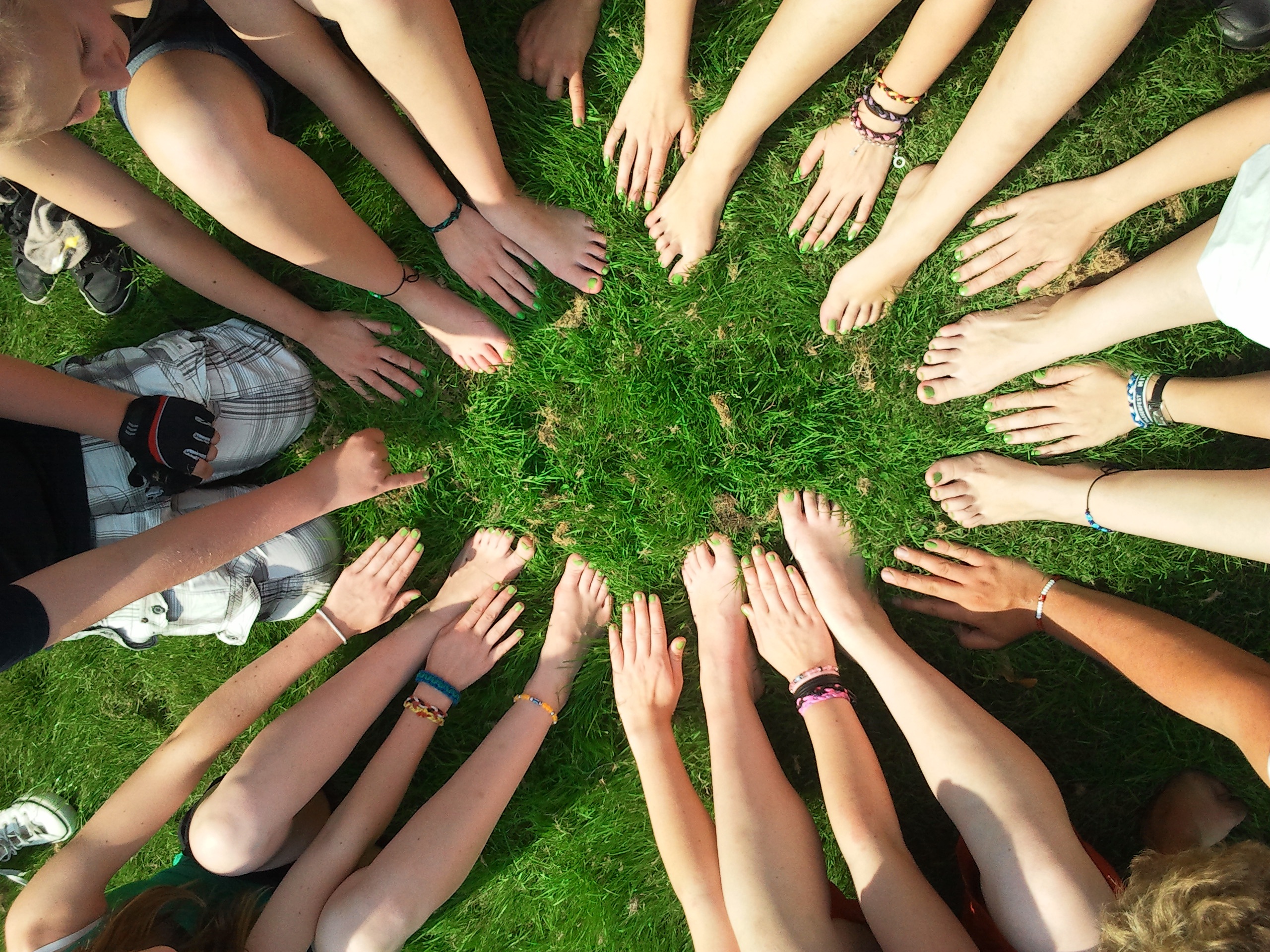Any efforts you make to improve your community or respond to a recurring social problem can create a positive change in your life and the lives of those around you. There are some roles people can take on that are particularly well poised to enrich their communities. Even if you aren’t in one of these positions, interacting with the people who are and sharing in their cause will be essential to their success.
Teachers and Students
Without a doubt, educators are one of the most valuable resources in any community. However, even from an early age, the education many students receive is designed with a heavy emphasis on preparing them for a career. Because of this, teaching students to be well-rounded, socially conscious members of a community is often neglected within learning outcomes.
Beyond preparing students for higher education and the working world, teachers have the potential to inspire social change in the classroom. By introducing democratic concepts within the classroom, teachers can illustrate the connection between changes in their community, people’s choices, and their agency as individuals to affect the world around them.
In practice, this could take the form of a discussion or writing prompt about current issues and the many stakeholders that need to work together to find a solution. It could also be as simple as offering students a chance to choose their own research focus when writing a report. This small amount of autonomy can prepare students to explore subjects they are passionate about. Giving students the tools for self-driven learning will enable them to more actively participate in issues they care about beyond school.
Outside activities such as class volunteer projects or service learning allow students to apply their knowledge and skills to real-life situations in order to benefit their community. Community outreach can put children and older students on a path to a greater sense of social awareness, connectedness, and responsibility. If students have some input in supporting a cause that is important to them and can provide reasons why, they will be more invested in their efforts.
Nurses and Other Healthcare Professionals
Due to the aging populations in many countries, the demand for healthcare professionals is on the rise. The increasing shortage of doctors has a particularly strong impact on rural areas and other underserved populations where distance from healthcare facilities or economic circumstances prevent people from getting the care they need. However, family nurse practitioners can be especially effective at providing access to healthcare within underserved communities. By monitoring these areas, nurse practitioners can provide communities in need with healthcare comparable to what a doctor could provide.
Nurses and other medical professionals are also in a unique position to assess local healthcare needs and advocate on behalf of communities. Legislative activism may seem outside of traditional expectations for healthcare professionals. However, because they have a first-person account of the needs of people in their localities, any pleas doctors and nurses make to change policies or begin initiatives come with an authority and evidence not available to the general public. By establishing a rapport with local policy makers as well as educating the public about the issues their community faces as a whole, they can inspire real change.
Law Enforcement Agents
Police and other law enforcement agents are tasked with protecting the public from crime and other incidents, making their communities a safer place to live. Some feel this is exactly what is happening. However, police are also people, and people make mistakes in judgement and at times even act carelessly or maliciously. In many areas, this has led to a lack of trust between law enforcement and communities. That’s why it is more important than ever to focus on initiatives that build positive relationships between communities and local law enforcement.
There are a few major ways law enforcement agencies can connect with and enrich their communities. Presentations in schools and community centers can offer an opportunity for dialogue between police and the public, allowing people to better understand law enforcement processes and helping police to understand the public’s concerns. Creating scholarships for at-risk students can also be a way to build trust while lessening the educational gap in some communities.
The responsibility for maintaining positive relationships doesn’t lie solely on law enforcement. People in the community have to be willing to learn and work together with police. Neighborhood watch programs are an effective way to prevent crime, and they allow people to interact directly with police in a productive way that can build trust over time.
Social Entrepreneurs
On both a local and global scale, there is a growing trend of individuals and businesses participating in different forms of social entrepreneurship. That is, they are creating products and services that not only make a sustainable profit, but solve a particular community problem. One well-known example is TOMS Shoes, a company that began with the mission to match every pair of shoes purchased with a new pair of shoes for a child in need. This business model has expanded to provide necessary eye care, access to clean water, and safer birthing practices to people around the world.
To be successful as a social entrepreneur, you should begin by identifying a problem within or beyond your community. In order to design a sustainable business model, the problem you consider solving should be fundamentally stable. As with TOMS Shoes, the problem of children going without shoes is, unfortunately, a circumstance that will likely continue to affect people for generations, and the demand for assistance will remain stable enough to support a business.
Identifying a solution along with a business opportunity and setting a plan to achieve your goals takes an open mind and a lot of creativity. In the end, designing a business that contributes to positive social change may not be the most effective way for the majority of people to support their community. However, just being aware that these businesses exist could inform your decision to support a particular cause or organization already in place.
You don’t have to participate actively in any of these roles in order to benefit your community. By understanding the ways these people can create positive change, you have a better chance of encouraging and supporting their efforts. You can also find your own ways to enrich the community by seeking volunteer opportunities and applying your own particular skill sets to the problems you see.
When you see a need in your community or beyond, ask yourself, “What do I have to offer?” There’s a good chance you are just the right person to help.







